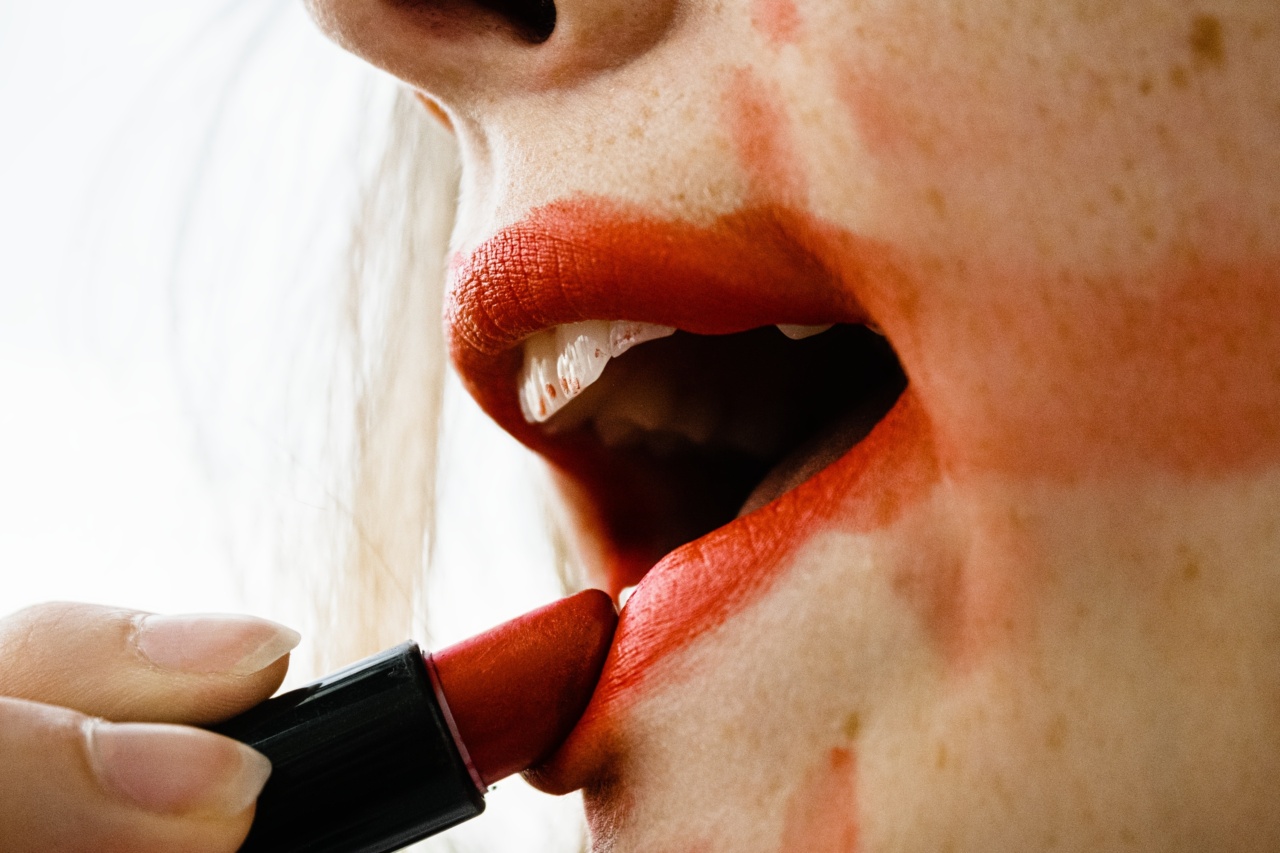Having a bright and white smile is a sign of good oral health and hygiene. However, many people struggle with teeth stains, which can be unsightly and hard to remove.
While there are various causes of teeth stains, it is important to identify the real culprits behind these discolorations in order to prevent them and maintain a radiant smile. In this article, we will discuss the top factors responsible for teeth stains and offer effective solutions to keep your teeth looking their best.
1. Coffee Stains
Coffee is a popular beverage enjoyed by millions of people worldwide. Unfortunately, its dark pigments can stick to the enamel of your teeth, causing noticeable stains. The tannins in coffee are primarily responsible for this discoloration.
To prevent coffee stains, consider reducing your intake or rinsing your mouth with water after consumption. Regular dental cleanings and teeth whitening treatments can also help remove coffee stains.
2. Tobacco Stains
Smoking cigarettes or chewing tobacco not only poses serious health risks but also leads to significant teeth stains. The nicotine and tar found in tobacco products can yellow the teeth and create stubborn stains that are hard to remove.
The best way to prevent tobacco stains is to quit smoking or using tobacco altogether. Additionally, professional teeth cleanings and whitening procedures can aid in reducing the appearance of existing stains.
3. Red Wine Stains
Enjoying a glass of red wine can be a delightful experience, but it can also contribute to teeth stains. Red wine contains chromogens and tannins that penetrate the enamel, causing discoloration.
To minimize red wine stains, try sipping through a straw to limit contact with your teeth and rinse your mouth with water afterward. Regular dental check-ups and professional teeth cleanings are also essential for maintaining a white smile.
4. Soda Stains
Sodas, particularly dark-colored ones, are laden with sugar and artificial additives that can harm your dental health. Besides causing tooth decay, drinking soda regularly can lead to teeth stains.
The high sugar content encourages the growth of plaque, which traps pigments and contributes to discoloration. Limiting your soda consumption and replacing it with water or other healthier alternatives can help prevent soda stains. Regular brushing and flossing are also crucial to remove any plaque buildup.
5. Plaque and Tartar
Plaque is a sticky film of bacteria that forms on your teeth and gums. If not properly removed through regular brushing and flossing, it can harden into tartar, which is more challenging to remove. Plaque and tartar can both cause teeth stains.
Maintaining good oral hygiene practices, such as brushing twice a day, flossing daily, and visiting your dentist for professional cleanings, can help prevent plaque and tartar buildup, ultimately reducing the risk of teeth stains.
6. Staining Foods
Some foods are more likely to cause teeth stains due to their high pigment content. For instance, berries, tomato-based sauces, curry, and dark-colored fruits like pomegranates can all contribute to discoloration over time.
While it’s not necessary to completely avoid these foods, practicing good dental hygiene, rinsing your mouth with water after consuming them, and maintaining regular dental cleanings can help prevent staining.
7. Staining Beverages
In addition to coffee and red wine, other beverages can also stain your teeth. Tea, especially black tea, can cause discoloration due to its tannin content.
Colas, fruit juices, and sports drinks can also lead to teeth stains due to their high sugar and acid content. Moderating your consumption of staining beverages, using a straw, and practicing good oral hygiene habits can minimize the risk of stains.
8. Age and Natural Wear
As we age, the enamel on our teeth naturally wears down, revealing the dentin beneath it. Dentin is yellowish in color, and as more of it becomes exposed, teeth tend to appear more yellow or stained.
While this is a natural process, proper dental care and regular cleanings can slow down the progression of stains and keep your smile looking brighter for longer.
9. Poor Oral Hygiene
Failure to maintain good oral hygiene practices can contribute to teeth stains. Inadequate brushing, irregular flossing, and neglecting dental appointments can all lead to plaque buildup, discoloration, and other oral health issues.
By brushing at least twice a day, flossing daily, and scheduling regular dental check-ups, you can prevent stains caused by poor oral hygiene and keep your smile healthy.
10. Medications
Some medications, such as certain antibiotics (e.g., tetracycline) and antihistamines, can cause teeth stains as a side effect. This is particularly common if the medications are taken during tooth development in childhood.
If you suspect that your medication is causing teeth discoloration, consult with your healthcare provider, who may recommend alternatives or preventive measures.
Conclusion
Teeth stains can be caused by various factors, including coffee, tobacco, red wine, soda, plaque, tartar, staining foods, staining beverages, age, poor oral hygiene, and certain medications.
By being aware of these culprits and taking the necessary preventive measures, you can maintain a bright and healthy smile. Remember to reduce your consumption of staining substances, practice good oral hygiene habits, visit your dentist regularly, and consider professional teeth whitening treatments to remove existing stains.
With proper care, you can enjoy a radiant smile that boosts your confidence and overall oral health.



























